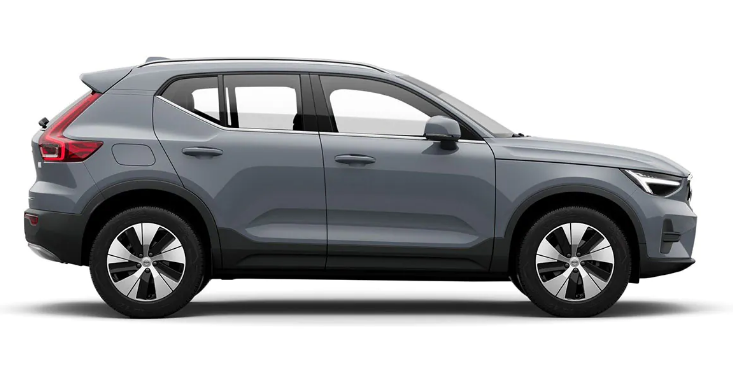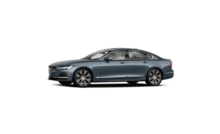The heater has two subfunctions:
- Parking heater – heats the passenger compartment, if necessary, when the parking climate control’s preconditioning is activated.
- Additional heater – heats the passenger compartment and engine, if necessary, during driving.
The heater is fuel-driven and is fitted inside the engine compartment.
The heater is powered by the car’s starter battery. If the charge level of the starter battery is too low, then the heater is switched off automatically and the driver display shows a message.
Make sure that there is enough charge in the battery if the heater needs to be used.
- Warning label on fuel filler flap.
- The heater uses fuel from the car’s normal fuel tank.
- If the car is parked on a steep incline, this may limit the supply of fuel to the heater.
- If the level in the fuel tank is too low then the heater is switched off automatically and the driver display shows a message.
Make sure there is enough fuel in the car’s fuel tank if the heater needs to be used.
Fuel that spills out could be ignited. Switch off the fuel-driven heater before starting to refuel.
Check in the driver display that the heater is switched off. This symbol is lit when it is working as a parking heater.
Parking heater
When this symbol illuminates in the driver display, the parking heater may be active.
- When the heater is running, smoke may be emitted from under the front part of the car and a low hum may be heard. A ticking sound from the fuel pump may also be heard from the rear section of the car. This is perfectly normal.
- The parking heater starts automatically if the parking climate’s preconditioning is activated and the passenger compartment needs to be heated up.
- Depending on factors such as fuel availability, battery level, passenger compartment temperature and ambient temperature, the heater has different running times, but never longer than 30 minutes.
- Make sure there is enough fuel in the car’s fuel tank if the parking heater needs to be used.
- Make sure that there is enough charge in the starter battery if the parking heater needs to be used.
- Repeated use of the parking heater combined with short journeys may discharge the battery and impair starting.
- If the heater is used on a regular basis, then the car should be driven for the same amount of time that the heater is used in order to ensure that the car’s battery is recharged with the same amount of energy as consumed by the parking heater. In cold climates or if the battery is older, a longer mileage may be required to charge the battery.
- In unventilated spaces indoors. Exhaust gases are emitted if the heater starts.
- In locations with combustible or flammable material nearby. Fuel, gas, long grass, sawdust, etc. may ignite.
- When there is a risk that the heater’s exhaust line may be blocked. For example, deep snow under the front part of the car can obstruct the heater’s ventilation.
- If there is a smell of fuel, unusual amounts of smoke, black smoke, or unusual sounds coming from the parking heater, switch off the heater and, if possible, pull out its fuse. Volvo recommends that an authorized Volvo workshop should be contacted for repair.
Additional heater
- The auxiliary heater helps to heat the passenger compartment and engine while driving.
- The additional heater is one of two subfunctions of the car’s heater. The heater is fitted inside the engine compartment.
- When the heater is running, smoke may be emitted from under the front part of the car and a low hum may be heard. A ticking sound from the fuel pump may also be heard from the rear section of the car. This is perfectly normal.
- The additional heater starts and is controlled automatically when heating is required while the car is being driven.
- It switches off automatically when the car is switched off.
- Make sure there is enough fuel in the car’s fuel tank if the auxiliary heater needs to be used.




